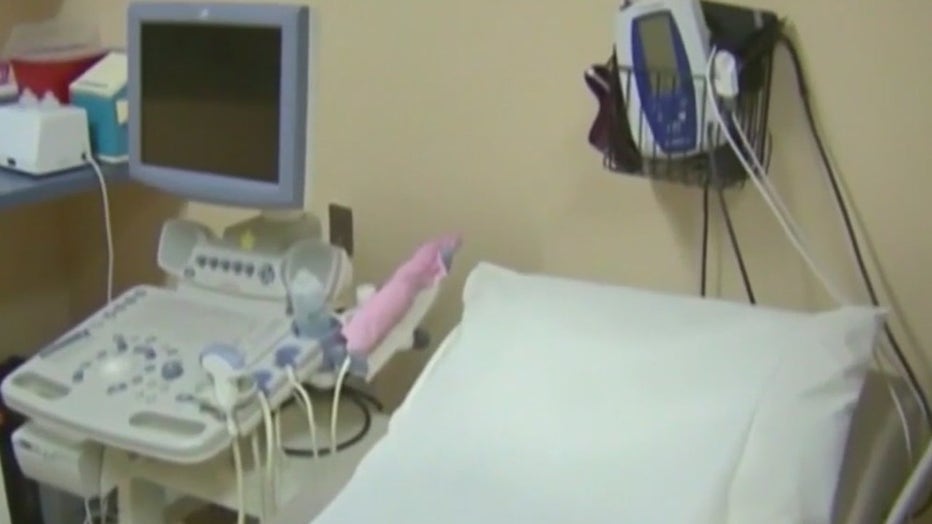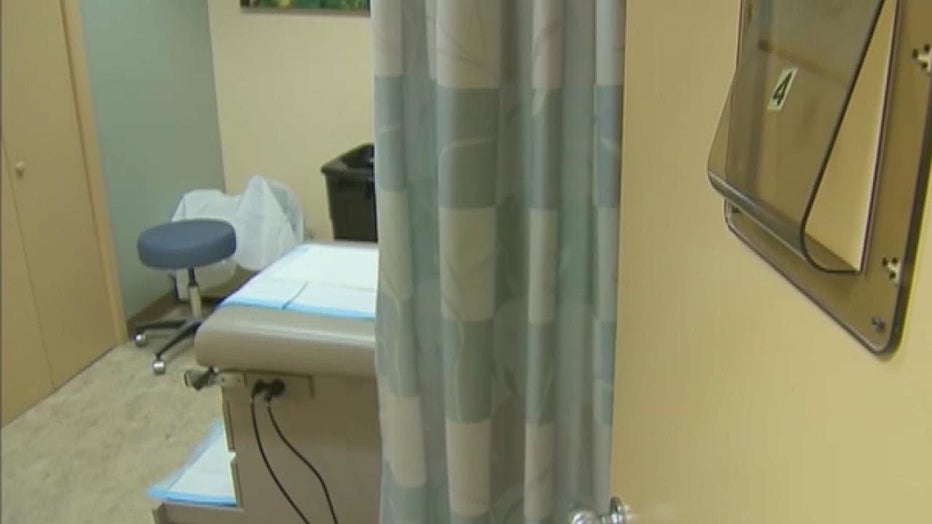WI abortion debate, issue far from settled despite bill passing
MILWAUKEE - Wisconsin politicians put abortion rights front and center this week. Republican lawmakers in Madison got a victory on Thursday, Jan. 25, when the State Assembly approved a bill to ban abortions after 14 weeks of pregnancy.
But UW-Milwaukee Department of Political Science Professor Emeritus Mordecai Lee says the victory will not translate to votes in November.
"I think for Republican politicians, this is a no-win situation," said Lee.
SIGN UP TODAY: Get daily headlines, breaking news emails from FOX6 News

While it's unclear how the State Senate will vote on the issue, Lee says Governor Tony Evers made it clear he will veto any ban if it crosses his desk.
Lee says the topic has already caused friction within the Republican Party, with some wanting a total ban on abortion with no exceptions.
Complicating the issue further, the last Marquette Law School poll found 57% of Wisconsinites oppose overturning Roe v. Wade.
FREE DOWNLOAD: Get breaking news alerts in the FOX6 News app for iOS or Android

"If you’re a Republican, and you’d like to get re-elected – you’re looking for daylight. Is there some way to split the issue? But there’s no real compromise about abortion," added Lee.
Lee says November's presidential election and down ballot races will all be a referendum on this topic.
"We should cut to the chase and have the November election tomorrow. Because everything that’s going to happen between January and November will be nothing. Absolutely nothing," said Lee.
With Vice President Kamala Harris' visit and protests earlier in the week, it's clear abortion will be a talking point for months.
WI abortion numbers
Abortions in Wisconsin were down about 50% in the year the U.S. Supreme Court reversed Roe v. Wade.
The decision came out in June 2022. New data from the state reports zero abortions between July and December of that year.
FOX6 finally obtained the 2022 data, which shows a total of 3,333 abortions, all from January through June 2022.
Compare that with 2021, when there were more than 6,500.

